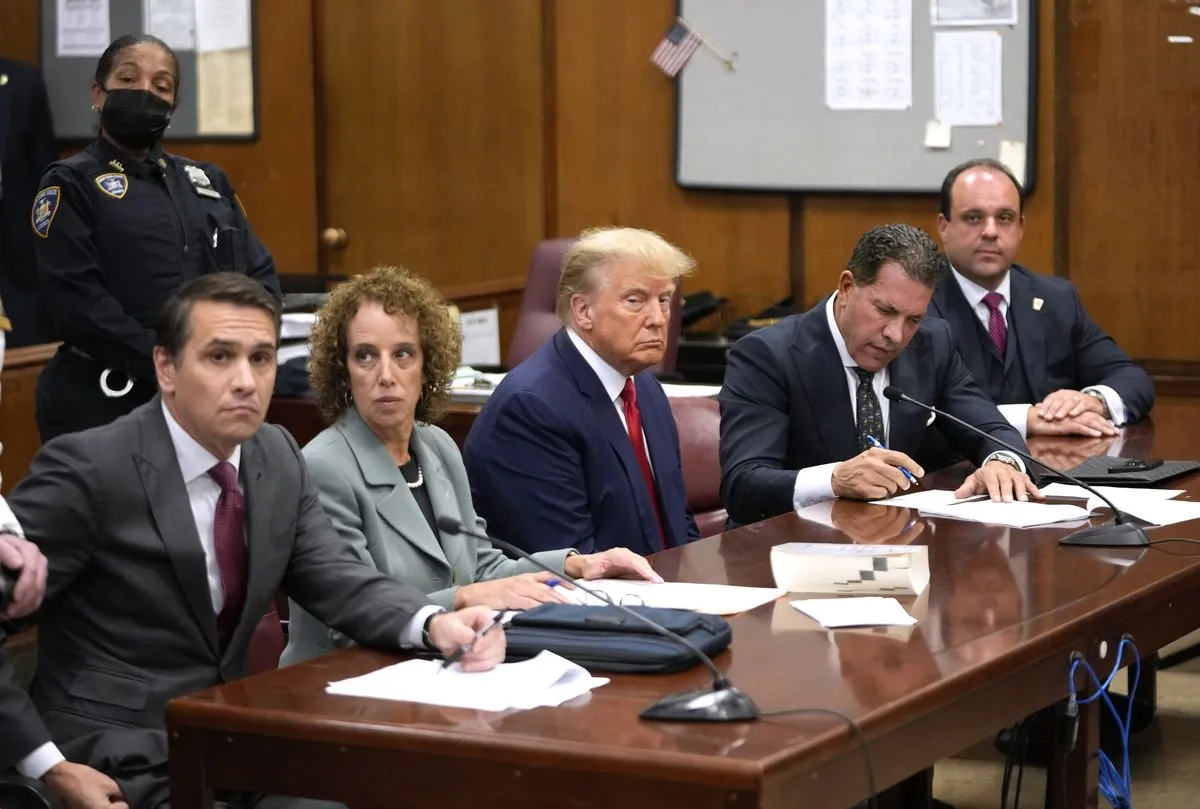Donald Trump has entered a not guilty plea to charges in a revised federal indictment concerning alleged attempts to overturn the 2020 election results. The plea was submitted by Trump's legal team at the start of a court hearing in Washington, focusing on the case's progression following a Supreme Court ruling on presidential immunity.
The revised indictment, presented in August 2024, maintains four criminal charges against the former president. These charges accuse Trump of employing false claims of voter fraud to undermine the election outcome and impede the certification of his defeat to Joe Biden.
The case has experienced significant delays due to Trump's pursuit of an immunity claim. In July 2024, the Supreme Court issued a 6-3 decision, establishing that former presidents are presumed immune from criminal prosecution for actions taken as part of their official responsibilities. This ruling has prompted U.S. District Judge Tanya Chutkan to consider whether any portions of the case must be dismissed.
Special Counsel Jack Smith argues that the remaining allegations are not covered by the immunity ruling and should proceed to trial. Smith's office has stated readiness to file court papers detailing their argument "at any time the court deems appropriate."
"We propose that Judge Chutkan should not begin weighing the impact of the immunity ruling until December, after the election."
Conversely, Trump's lawyers suggest delaying consideration of the immunity ruling's impact until December 2024, after the November 5 election. This strategy aligns with the fact that if Trump wins the election, he is expected to direct the Justice Department to drop the charges.
The case is virtually certain not to go to trial before Trump faces Democratic Vice President Kamala Harris in the election. This delay highlights the complex interplay between legal proceedings and the electoral process in the United States.
Trump has consistently argued that this prosecution, along with other legal cases against him, are politically motivated attempts to undermine his presidential campaign. This stance reflects the polarized nature of American politics and the challenges faced by the justice system in handling cases involving high-profile political figures.
In a related development, Trump has proposed that his lawyers first move to dismiss the case based on an argument that Smith was unlawfully appointed as special counsel under the U.S. Constitution. This strategy mirrors an approach used in a separate case in Florida, where a Trump-appointed judge dismissed charges related to classified documents.
As the legal proceedings continue to unfold, they underscore the unprecedented nature of prosecuting a former president and current presidential candidate. The case raises important questions about the balance between accountability and the rights of political figures, as well as the role of the justice system in addressing alleged election interference.
